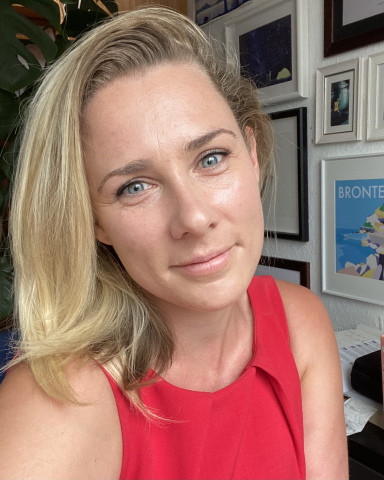
Stephanie O'Donnell
Executive Manager
Welcome to our Community!
WILDLABS is your doorway into the vibrant, global conservation tech community! By creating an account and logging in, you'll have the best access to the people, advice, and resources that will help you take the next step in your conservation tech work. Together, we're finding better ways to make technology work for the planet.
If you have any issues or want to ask our team a question, get in touch with us at [email protected]
Not a member yet? Register here

